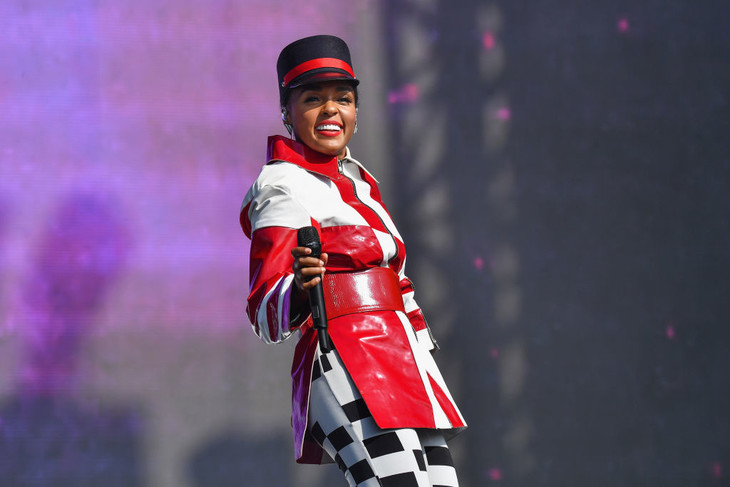Perhaps NPR’s Ann Powers said it best in her breakdown of the greatest music to come out the past year: “In 2018, women in music are not newcomers, novelties, or antidotes. They are here, at the top…”
This sentiment certainly reflects NPR’s choices in their “50 Best Albums of 2018” article, where most notably every one of the top 10 spots were filled by women – primarily women of color, including neo-flamenco songstress Rosalía and pioneering rapper/poet Noname.
In NPR’s case, Janelle Monáe and Mitski’s universally acclaimed albums topped the list, with Monáe’s “Dirty Computer” crowned the best album and Mitski’s “Be the Cowboy” the runner-up. Since NPR isn’t the primary authority on music, however, here are some more stats. “Be the Cowboy” was named the best album of 2018 by Pitchfork, Consequence of Sound, and Vulture, while “Dirty Computer” was named album of the year by The New York Times and The Associated Press.
February 2019 is already upon us. If you still haven’t listened to either “Be the Cowboy” or “Dirty Computer” yet, here’s why you should.
Mitski has already made it clear in her previous work that she is a master of both conveying and eliciting emotion, expressing desire, loneliness, and self-loathing with a bluntness that doesn’t hold back any punches. “Be the Cowboy” simultaneously refines and expands upon this bluntness in a collection of brief vignettes, resulting in her greatest and most creative record to date.
Mitski’s subtle guitar and keyboard skills can still be heard throughout “Cowboy,” but her sound has expanded considerably. The opening track, “Geyser,” is an indicator of what’s to come with this larger, more energetic sound, beginning slow and ominously before swelling to a triumphant gallop.
The song itself is about Mitski’s codependent relationship with making music, detailing devotion to a fault as if she’s combusting in order to become one with her passion. “I will be the one you need,” she howls over blaring electric guitars, “The way I can’t be without you.”
Other high points in “Be the Cowboy” include the seductive, aching “Come into the Water;” “Washing Machine Heart,” a masochistic call to action; and “Nobody,” an upbeat, disco-adjacent ode to loneliness in which she begs for just “one good movie kiss.”
Similar to “Be the Cowboy,” “Dirty Computer” is Janelle Monáe’s greatest album yet. While her last two albums have centered around her android alter-ego Cindi, the subject of “Dirty Computer” is Monáe herself. Monáe navigates her identity and positionality as a queer black woman and, in the process, creates a masterpiece that is triumphant, inclusive, deeply political, vulnerable at times, and above all, unapologetic.
Throughout “Dirty Computer,” Monáe traverses through a number of different sounds. “Screwed,” featuring Zoë Kravitz, tackles gun control with slick, deceivingly bright pop, and graces us with the iconic couplet: “You fucked the world up now / We’ll fuck it all back down.” “PYNK” with Grimes takes the pop melodies found in “Screwed” and raises the stakes to straight-up bubblegum sweetness – but again, the message behind the song is something much more political, celebrating unabashed female sexuality.
The biggest highlight of “Dirty Computer” – and certainly its most important song – is “Django Jane,” the flex to end all flexes that beautifully encapsulates Monáe’s celebration of her intersectional identity. “Hit the mute button,” she demands just before the song’s penultimate bars, “Let the vagina have a monologue.”
The triumphant, unapologetic nature of “Django Jane” – and the rest of “Dirty Computer,” for that matter – draws a comparison to the title of the aforementioned article by Ann Powers: “The Best Music of 2018 Says, ‘We’re Here, Get Used To It.’”



